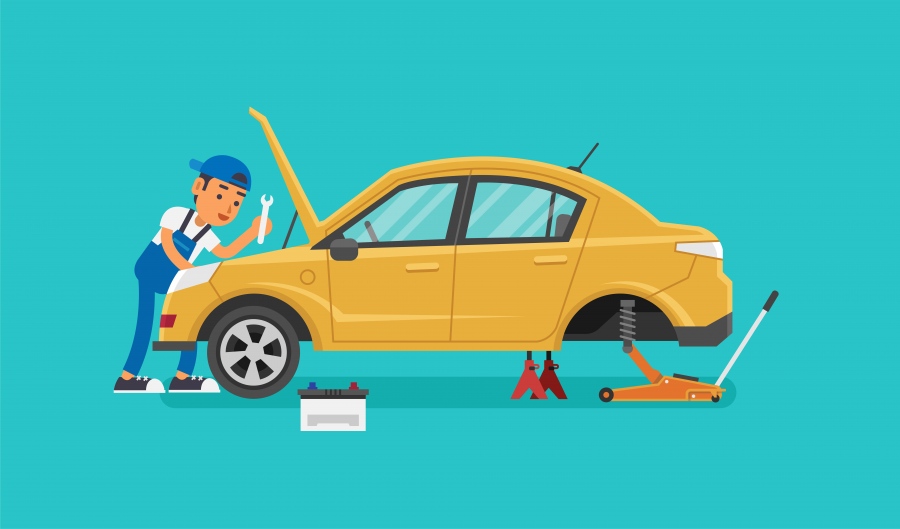Knowing what’s going on with your car is pretty hard these days, with so many incredibly complicated and futuristic motors about, you’re just lucky if you’ve got a specialist garage nearby!
Modern cars are very, very complex, which means that traditional methods of mechanical diagnosis and problem solving frequently struggle to keep up with modern vehicles. Fortunately for car owners, the vast majority of modern cars have a handy on-board computer keeping an eye on everything.
Modern car computers monitor and take note of all the functioning changes and developments occurring throughout the vehicles use. This is handy, because it means the car can pick up fluctuations and developments, and let you know via a light on the dashboard.
However, the sensors and servers used by the on-board computer can pick up much more in-depth, useful data which can be used to predict future faults and failings, if only you can get that data out of the vehicle and through some more involved processing.
That’s exactly what it means to connect up your car. You simply plug in a device with streams the data from your vehicle to a hub, which is then processed. Through the processing, they can accurately predict what’s wrong with the car, as well as what could be going wrong shortly. This, as you can imagine, is pretty handy!
The best thing about this technology is that it means everyone, from the most specialised mechanic to the untrained car hobbyist can keep an eye on their motor and fix issues traditionally beyond the scope of a driveway job.
What’s more, it can be very cost-effective. Fitting the device is simply a case of plugging it in, and then you’re away. It can all be set up and bought for under a hundred euros! Imagine how much it could save you in garage visits and time wasted.
Can you really put a price on safety, as well? Knowing your car could be about to go caput is hugely useful. Getting one of these installed could prove immensely reassuring, especially if you’re set to do a lot of long-distance driving.
